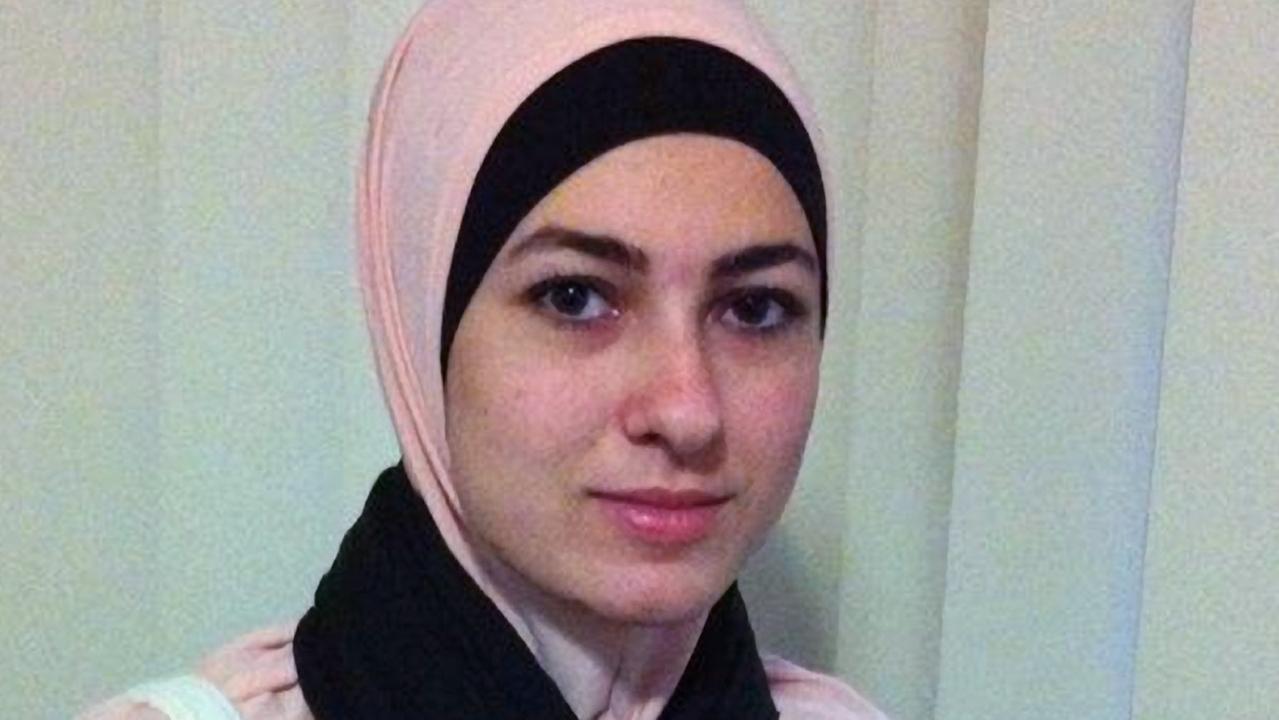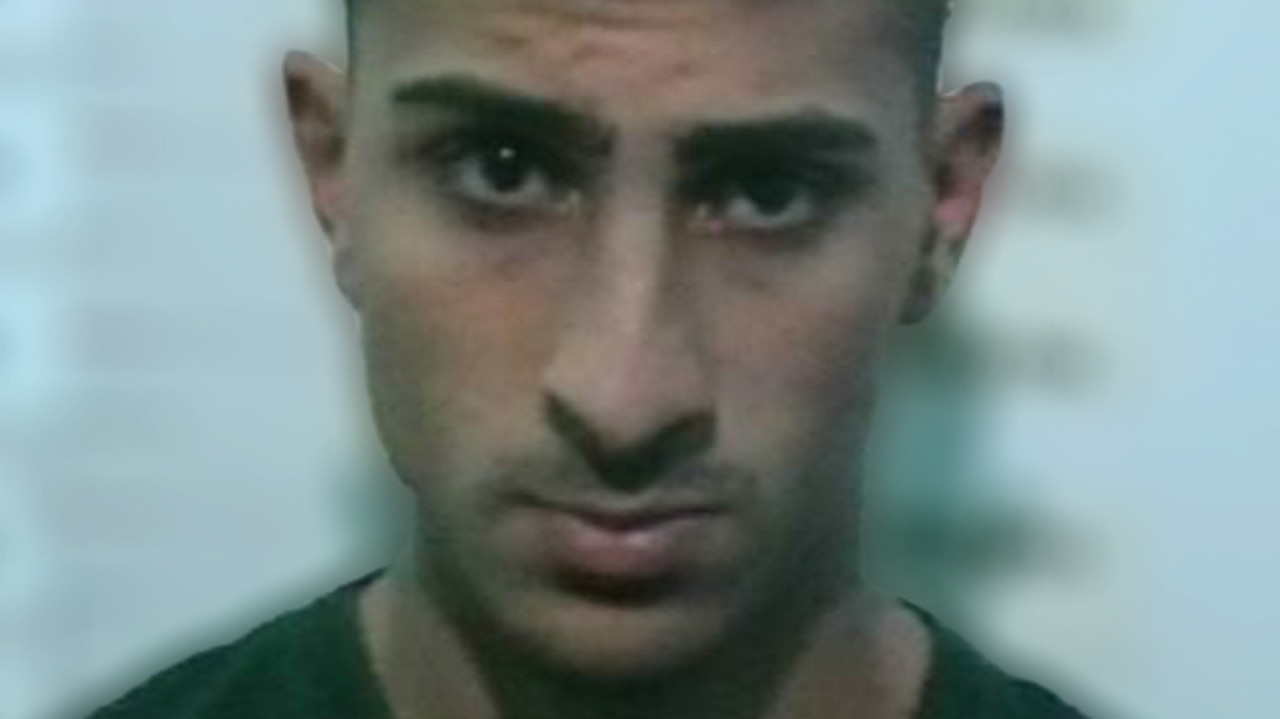Security boost at all Australian airports
A dramatic security clampdown will be imposed at domestic airport terminals, similar to those for international flights.

A dramatic security clampdown will be imposed at domestic airport terminals, with cabinet poised to consider a proposal to introduce similar security checks that apply for international flights including restrictions on liquids, identity checks and the introduction of full-body scanners.
The Weekend Australian understands the new security measures, a direct response to the alleged terror plot to blow up an Etihad flight from Sydney to Abu Dhabi on July 15, could also include a prohibition on people being allowed to pass through domestic security barriers without a boarding pass.
The consideration of a wide-ranging rollout of new domestic security restrictions, based on similar rules that apply in US domestic terminals, has been discussed at senior levels of government this week, following a National Security Committee crisis meeting called over the alleged terror plot.
A detailed proposal — being developed by Justice Minister Michael Keenan, Border Protection Minister Peter Dutton and Transport Minister Darren Chester — is expected to go before a full cabinet meeting within weeks, and as early as Monday, when it meets in Canberra.
Yesterday, details revealing just how close the alleged plotters had come to smuggling a bomb containing military-grade explosives onto the flight, were heard in Sydney’s Parramatta Local Court.
GRAPHIC: Terror at the terminal
Two Sydney men, each charged with two counts of acting in preparation for or planning a terrorist act, were involved in an alleged plot to place an improvised explosive device on the Etihad flight.
Police allege the men, Khaled Mahmoud Khayat and Mahmoud Khayat, planned to use an explosive device, concealed in a meat grinder, but failed to make it past the airport check-in.
Khaled Khayat allegedly carried an explosive device to Sydney international airport, accompanying an unnamed brother who was travelling to Abu Dhabi on the Etihad flight.
His brother was unaware that a military-grade explosive was stashed in his luggage.
Australian Federal Police Deputy Commissioner Michael Phelan said the luggage didn’t make it on to the plane, and Khayat took it from the airport after it failed to get past the check-in.
Police allege that parts for the improvised explosive device were sent via air cargo to Australia from Turkey by a senior Islamic State member.
In a second plot, the men allegedly were planning on using an improvised chemical dispersion device to release a highly toxic gas, hydrogen sulphide, in a crowded space. A senior government source said it was believed that the cell was planning an attempt to carry out the same plot on a domestic flight.
“There was nothing stopping them (going) to the domestic terminal where they would have been less challenged and trying the same thing,” the source said.
The AFP’s Mr Phelan, who is responsible for national security, yesterday described the alleged plot as the most elaborate mass-casualty attacks ever planned in Australia. “This is one of the most sophisticated (alleged) plots that has ever been attempted on Australian soil,” Mr Phelan said.
The Weekend Australian understands that the similar measures being proposed for domestic terminals as those in international terminals include restrictions on liquids and the potential rollout of full-body scanning.
Current metal detectors at domestic terminals cannot scan for liquids held on a person.
The strengthened security would also include the mandatory checking of identification for passengers.
It is believed that the government has a range of options for this, including biometrics or checking photo identification, but not necessarily at the boarding gate.
Another measure already flagged with the airline industry was preventing anyone without a boarding pass from passing through security checks into the domestic terminal gate area, as is the case in the US.
Major airlines are expected to challenge the same security measures being applied domestically as for international flights, saying it would ultimately lead to added costs for the airlines that potentially would be passed on to passengers.
However, senior government sources have said that limiting any cost to industry would be a factor in its planning.
All airlines operating flights to the US from Australia are already required to introduce by October new vetting rules for passengers, including passenger profiling and expanded questioning of ticket holders.
Tighter security screening was imposed after the September 11, 2001, terror attacks on New York, Washington and Pennsylvania, and has frequently been imposed, depending on the terror threat level.

Under the new plan, the strengthened security measures would become permanent, as well as applying at domestic terminals.
The timing of a national rollout is not known but the Turnbull government is already believed to be planning to have a new Home Office structure for national security — bringing ASIO, the Australian Federal Police and other domestic security agencies under one ministerial umbrella — established by as early as November.
The airline pilots union has already backed similar measures for domestic airport security as those being proposed by the Turnbull government.
Australian Airline Pilots Association president Murray Butt demanded this week that the federal government impose mandatory photo identification for domestic flights, which could be matched against terror watchlists.
It is not known what new measures would be put in place for check-in baggage, however, including luggage checked in at the counter or placed in bag drops at domestic terminals.
Mr Chester has indicated that security at all domestic airports has been tightened since the weekend arrest of the alleged terrorists, and that new measures were being considered.
However, he said it would have to be balanced with the added costs it could mean for the travelling public. He also ruled out a centralised screening authority to manage airport security.
Carl Ungerer, of the Geneva Centre for Security Policy, has cited Australia’s gaps in airport screening as “incongruous” considering that it has been 16 years since the 9/11 attacks.
“Aircraft remain a high priority for terrorists because it meets their criteria for spectacle. Checking names against passports, as is done on international flights, would seem to be a sensible precaution,” he said this week.





To join the conversation, please log in. Don't have an account? Register
Join the conversation, you are commenting as Logout